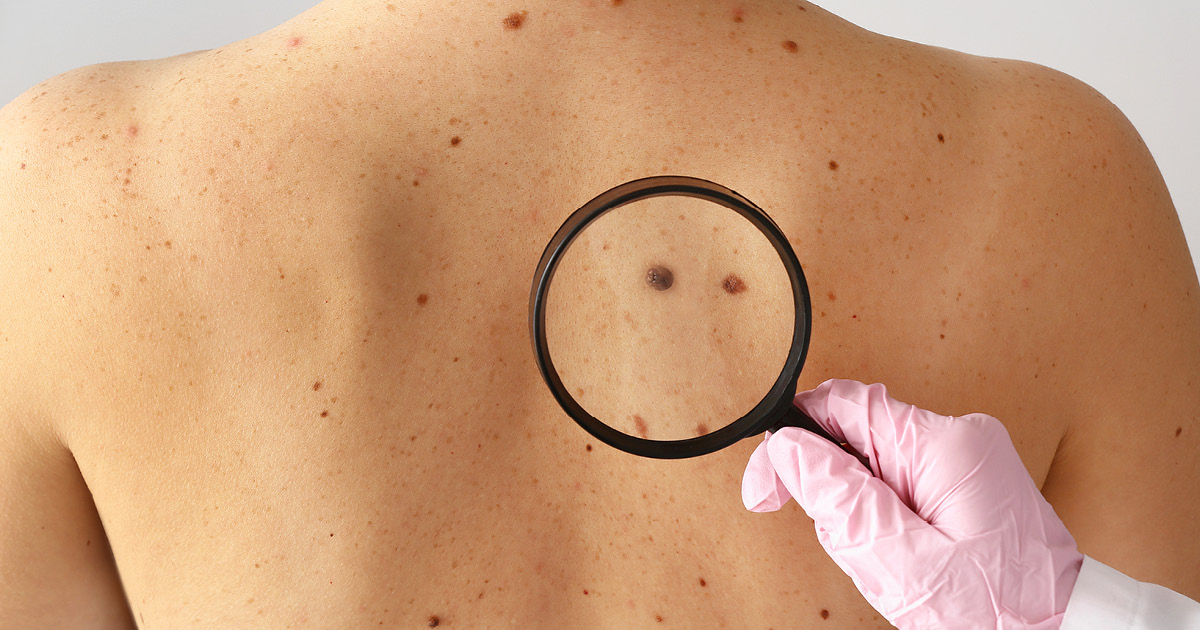- Empty cart.
- Continue Shopping
The Importance of Regular Skin Cancer Screenings

Skin cancer is one of the most common forms of cancer, yet it’s also one of the most preventable and treatable when detected early. Regular skin cancer screenings play a pivotal role in early detection and successful treatment.
The Prevalence of Skin Cancer
A Growing Concern
Skin cancer rates have been on the rise globally, making it a significant public health concern. According to the American Cancer Society, approximately 5.4 million basal and squamous cell skin cancers are diagnosed each year in the United States alone.
Types of Skin Cancer
The three main types of skin cancer are basal cell carcinoma, squamous cell carcinoma, and melanoma. While the first two are less aggressive and more common, melanoma is the most dangerous but less frequent.
Why Regular Screenings Are Crucial
Early Detection Saves Lives
The earlier skin cancer is detected, the easier it is to treat. In many cases, early-stage skin cancer can be entirely removed, leaving minimal scarring and resulting in a high survival rate.
Monitoring Changes
Regular screenings allow healthcare providers to monitor any changes in your skin over time, making it easier to identify abnormalities that could be indicative of cancer.
Risk Factor Assessment
Screenings also provide an opportunity to assess your risk factors, such as family history, skin type, and exposure to UV radiation, allowing for more personalized prevention strategies.
Who Should Get Screened and When
High-Risk Individuals
People with a family history of skin cancer, fair skin, or a large number of moles are at higher risk and should consider more frequent screenings.
General Guidelines
For the general population, annual screenings are often recommended. However, your healthcare provider may suggest a different frequency based on your risk factors.
Self-Examinations
In addition to professional screenings, monthly self-examinations are advised. Look for changes in the size, shape, or color of moles and other skin lesions.
What to Expect During a Screening
Visual Examination
A healthcare provider will usually perform a full-body visual examination to check for any irregularities in the skin.
Biopsy
If any suspicious areas are found, a biopsy may be performed to remove a small sample of skin for further testing.
Follow-Up
Based on the results, your healthcare provider will recommend appropriate next steps, which could range from regular monitoring to immediate treatment.
In conclusion, regular skin cancer screenings are an indispensable tool in the early detection and successful treatment of this common but often preventable disease. By understanding your risk factors and adhering to screening guidelines, you can take proactive steps to safeguard your health. If you haven’t had a skin cancer screening recently, consider scheduling one soon. It’s a simple procedure that could very well save your life.








